Zorba the Greek (1964)
“To be alive is to undo your belt and look for trouble.”
|
Synopsis: |
|
Genres, Themes, Actors, and Directors:
Review: Zorba’s wisdom and guidance include the following, as evidenced from direct quotes:
So, the creatively-blocked Bates clearly must learn to “let go” and love life — which includes allowing himself to be seduced by a beautiful widow (Irene Papas) who the villagers wrongly believe “belongs” to another young man who is in love with her; but the outcome of their brief dalliance is nothing short of tragic. Indeed, a primary take-away from this tale is that the type of morality-policing of women we still see going on (albeit now accompanied by a much-needed uprising) is endemic in some societies — alongside xenophobia, as exemplified by the villagers’ disdainful treatment of a local French woman (Lila Kedrova) who spends her time reminiscing about her numerous wartime lovers, and who Zorba takes pity on. Her eventual fate near the end of the film is equally distressing, especially given that it’s primarily driven by other aging women. Co-producer Quinn’s performance — while arguably over-the-top at times — drives the film, showing us the inherent complexity of this middle-aged dynamo, who lives, loves, dreams, and acts at full volume. His impassioned performance (along with Kedrova’s touching turn as a deluded former-siren) make this critically and commercially popular film worth a look, though it’s not must-see viewing. Notable Performances, Qualities, and Moments:
Must See? Links: |
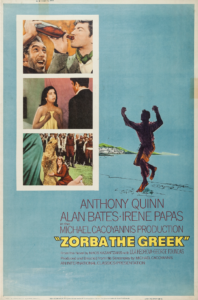
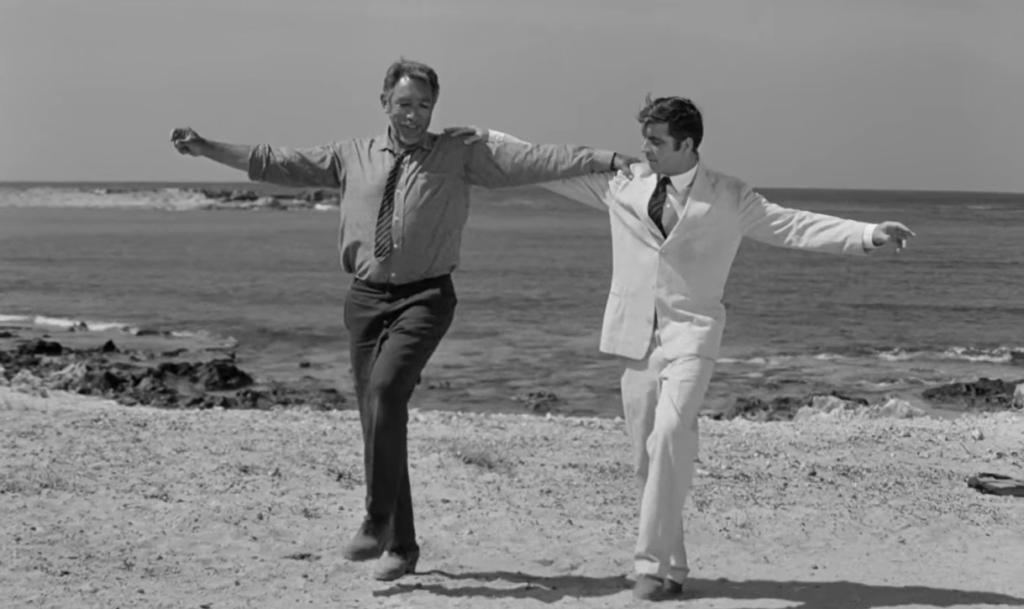
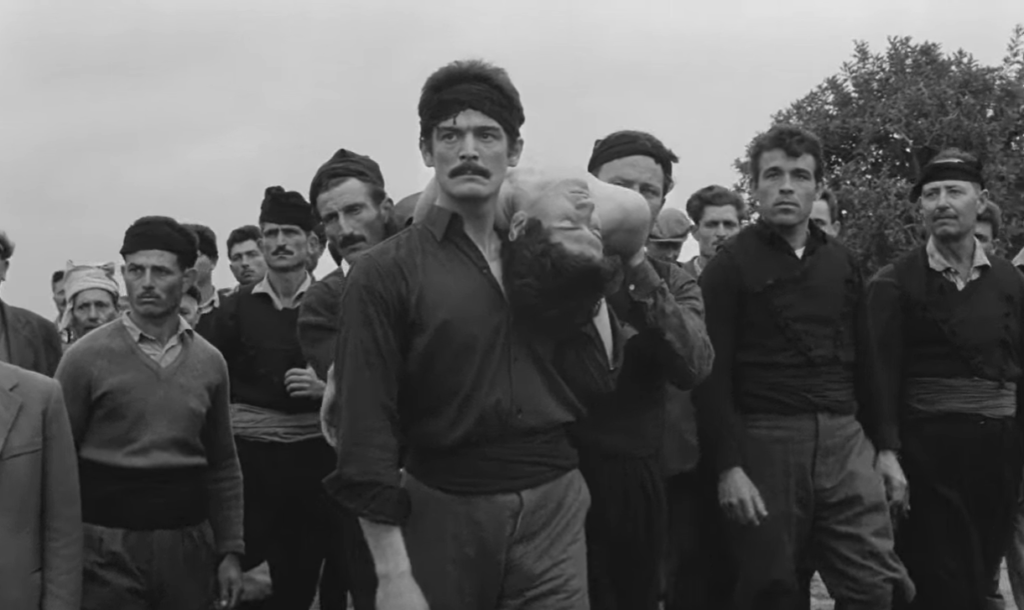
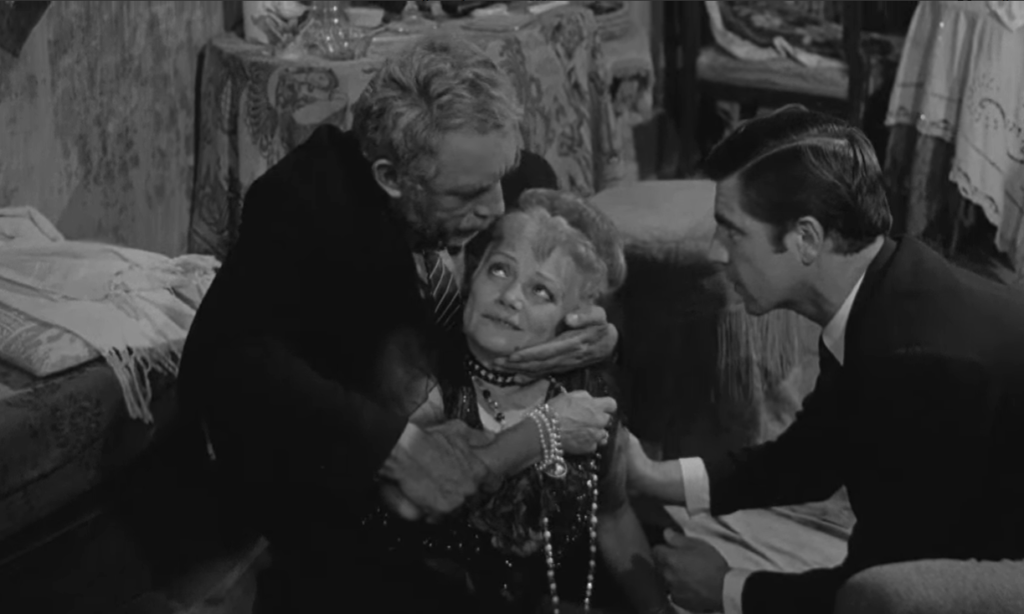
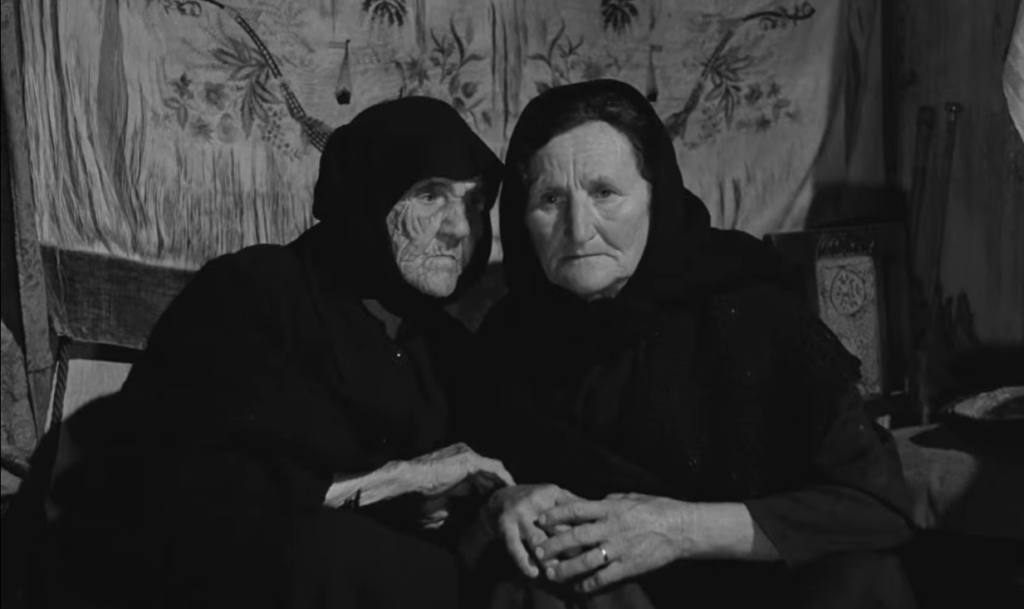
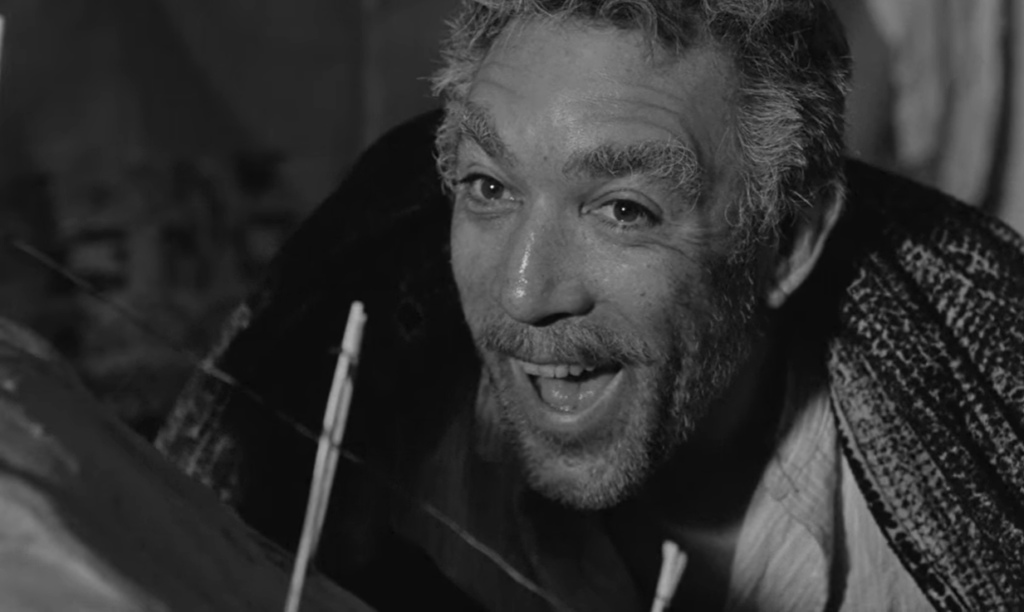
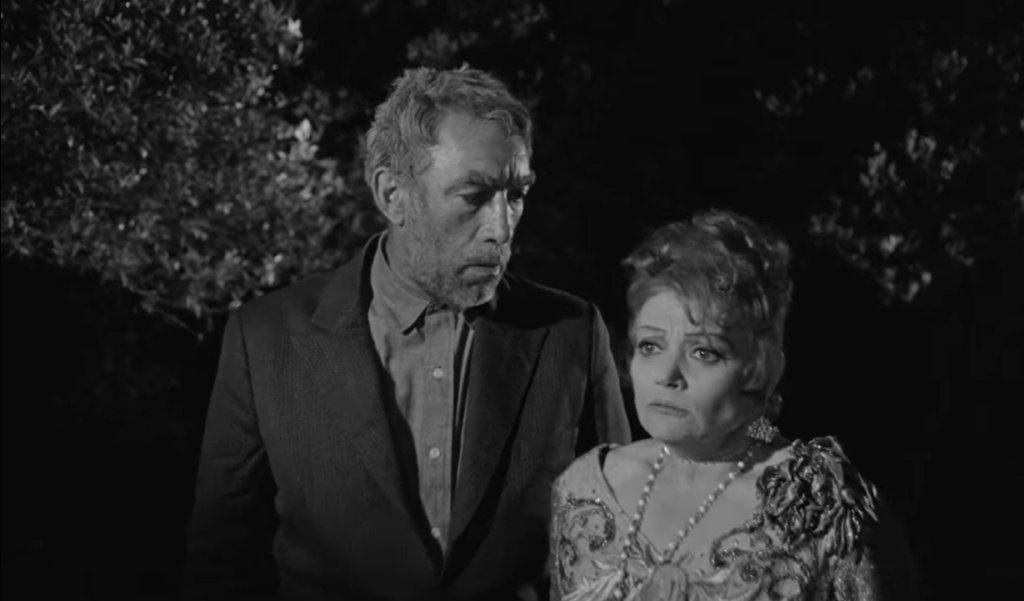
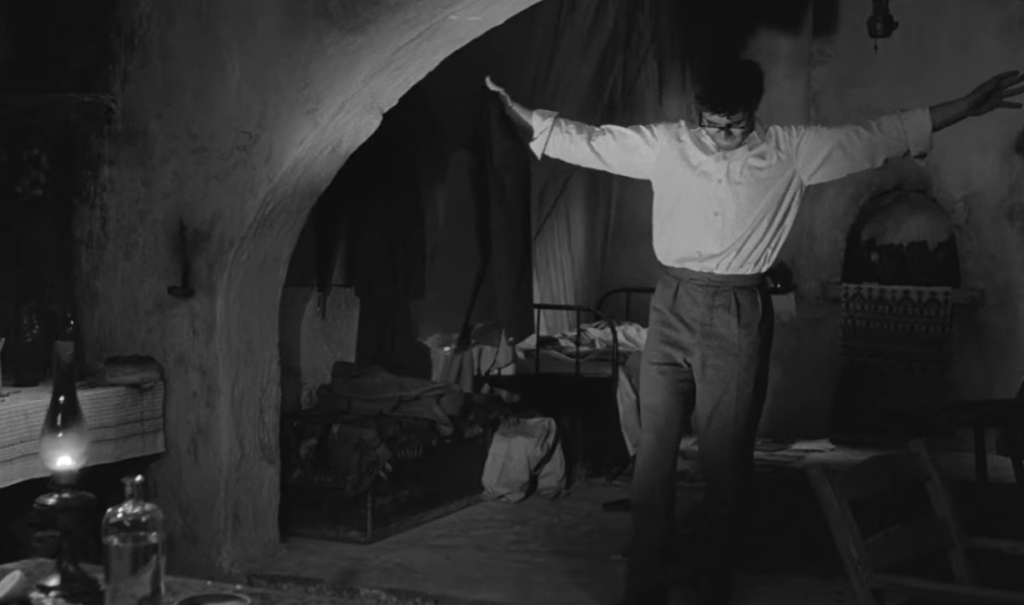
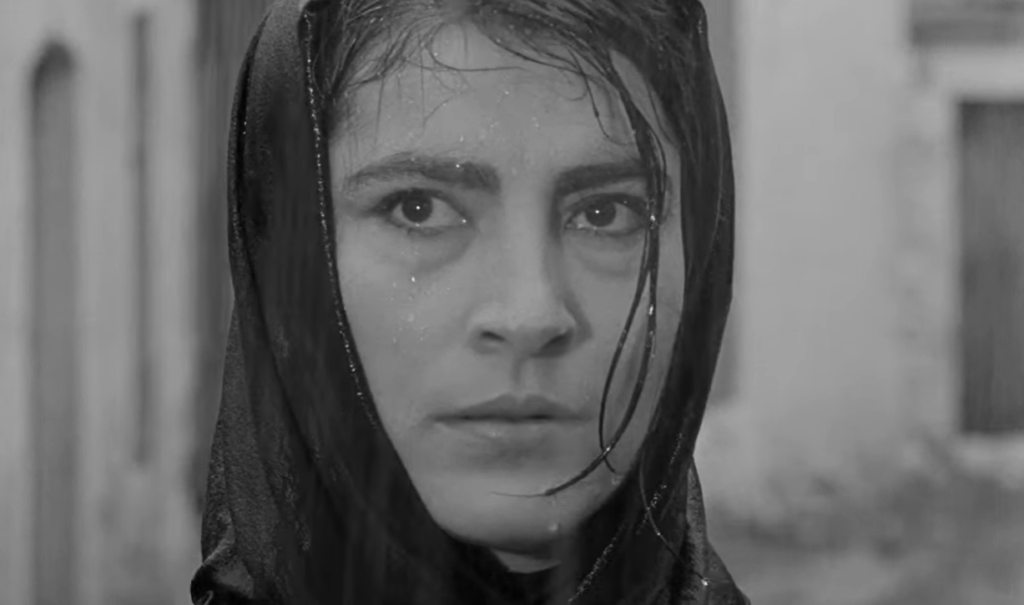
One thought on “Zorba the Greek (1964)”
Rewatch (7/12/22). Not must-see.
Seeing this film again after many years, I can’t say that I can recommend it as must-see for any reason in particular. Frankly, it’s somewhat exasperating.
Certainly the film has an arresting music score, esp. its famous theme – which seems designed to distract the viewer from (or put gauze over) the film’s actual content. As well, Michael Cacoyannis’ direction is reasonably successful.
However, although Quinn’s performance is “iconic”, I can’t say it’s a particularly admirable or intriguing role. Zorba is a manipulator (even if a pleasant one) and he lives for personal pleasure – and little else, it seems. Kedrova’s character is a bit pathetic as she tends to live in the past of ‘former glory’ and is now somewhat desperate. Bates’ character (what there is of it) is sort of frustratingly milquetoast (and his request to Zorba at the end of the film isn’t believable; it seems to come out of nowhere and for no reason).
The most interesting (although underdeveloped) character is Pappas’. Outside of a few brief things she says in Greek to Bates, she has no dialogue. Nevertheless, her fate is terrifying.